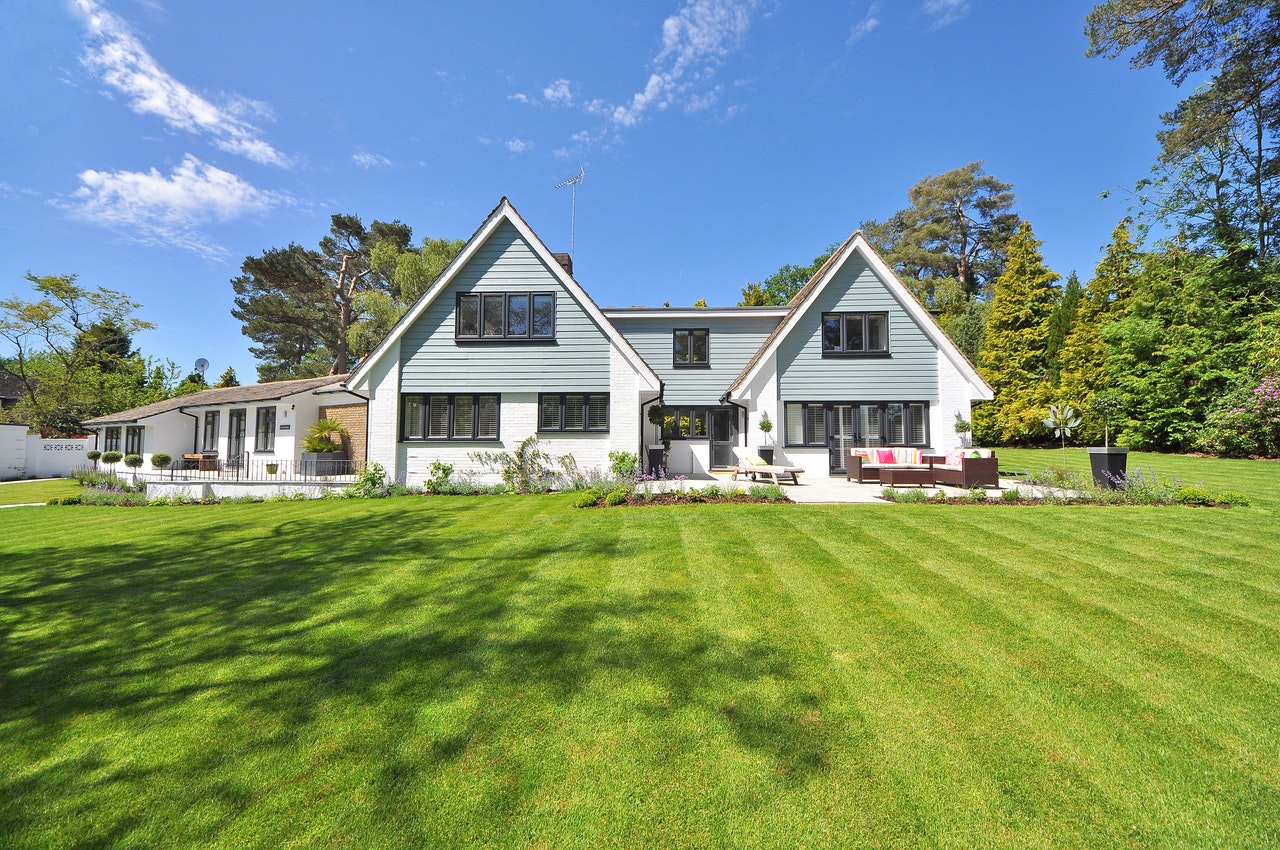
It's easy to fall into the trap of thinking there's nothing you can do to save energy without sacrificing comfort. In truth, there are probably several ways that your household is wasting energy without realizing it. By making some basic improvements and changes, you can use less energy without sacrificing comfort or giving up your basic needs.
Check For Air Leaks
One of the first things you should do is to look for places where the air is leaking out of your home or being displaced by outdoor air. The easiest way to do this is to tour the exterior of your home and run your hand along with the frame of each window and door. If you feel treated air (warm air in the winter or cool air in the summer), this indicates a leak that's keeping your home from being properly treated. Even one leak can force your HVAC system to work harder and expend more energy to maintain a consistent temperature.
Once you find a leak, there are a few ways to eliminate it. If you find that air is escaping through the space between the bottom of your door and floor, install a new door sweep replacement. For leaks around window frames, caulk is usually the best solution. Weatherstripping can help eliminate air leaks between doors and their frames.
Keep Up With the Care of Your HVAC System
A common way that households waste more energy than they really need to use is by failing to keep up with the care and maintenance of their HVAC systems. Caring for your heating and cooling system isn't complicated or costly, but it does require consistency. You should have the unit inspected and tuned up once in the fall and once in the spring. Additionally, you should check and clean your system's air filter once per month. A dirty air filter makes it harder for your system to process treated air. As a result, it will work harder and use more energy to provide the same consistency of temperature.
Switch to LED Bulbs
Another way to reduce your household's energy consumption is by ditching your incandescent light bulbs. Replacing them with LED bulbs is recommended because LED bulbs use less energy to provide the same level of illumination. That means you can reduce your energy consumption without having to reduce your use of lights on your property.
LED bulbs also conserve energy because they don't burn as hot. Since they remain cooler, they won't add to the ambient heat in your living spaces. Conversely, incandescent bulbs burn hot, giving off excess heat that can make any room feel hotter. Even though this excess heat may seem trivial, it can be enough to trigger your cooling system to cycle more frequently in the summer.
Completely Power Down Electronics and Appliances
Even though your computer may be powered down or your toaster oven is set to the off position, they are still drawing power. Any device that has a standby mode will draw power when it's not in use. The best solution to this situation is to plug all of your devices into surge protector power strips. This makes it easy to stop that excess draw of electricity with the flick of one switch. Turn the power strip off before bed and flick it back on when you need to use a device or appliance the next day.
Take Changes in Energy Usage Seriously
It's also important to be observant of how your home uses electricity. If you notice changes, such as frequently blown fuses, contact your electrician. Blown fuses or frequently tripped circuit breakers indicate that you're trying to draw too much power at one time. Your electrician can install dedicated circuits for more powerful devices or identify wiring shorts before they lead to safety hazards. Fixing electrical problems quickly will also reduce energy waste by ensuring your power system can handle electricity more efficiently.
You can also ask your electrician to recommend steps for reducing your energy usage even further. They may offer suggestions for changing how you use energy or they may recommend the use of smart home technology to better control your energy usage. You will be surprised to learn how a few minor changes can significantly impact your household's monthly energy usage rates.
Written by Lizzie Howard
About the Author
Lizzie Howard is a Colorado native who after graduating from the University of Colorado spends her time as a freelance writer. When Lizzie isn’t writing, she enjoys going on hikes, baking for her friends and family, and spending time with her beloved yellow lab, Sparky.
You may also like
Essential Tips on Saving Electricity at Home
How to Reduce Your Home's Energy Consumption
5 Ways to Save Energy and Become More Eco-Friendly
5 Eco-Friendly Changes to Make at Your Home
